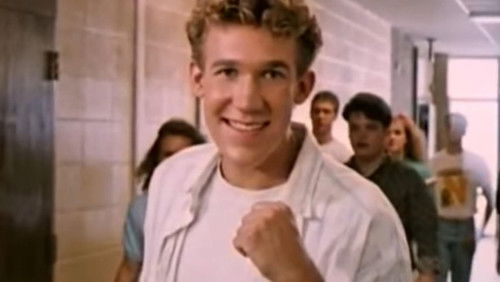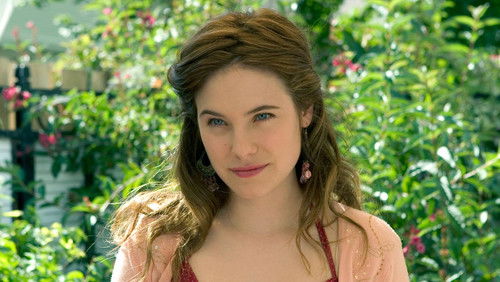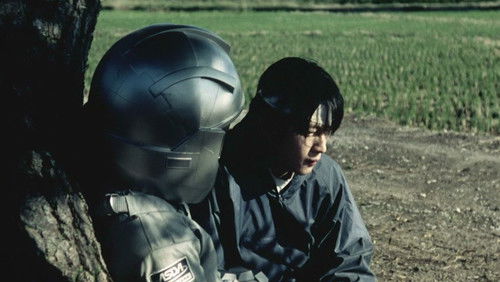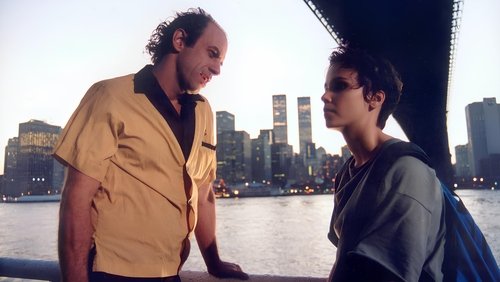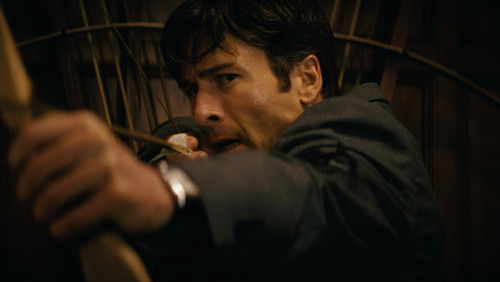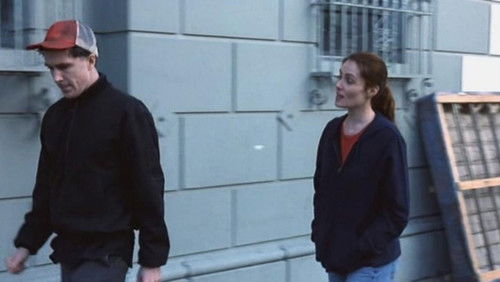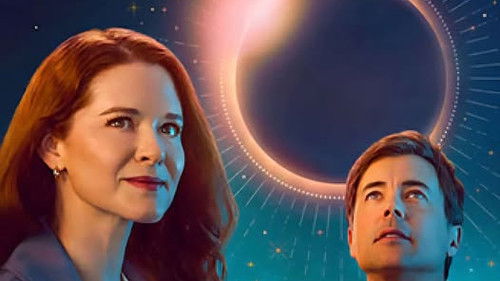Zen-ma (1951)
23KZen-ma: Directed by Keisuke Kinoshita. With Masayuki Mori, Chikage Awashima, Rentarô Mikuni, Yôko Katsuragi.
“Chikage Awashima leaves her husband, Koreya Sendai. Because he is a high-ranking official and a socially important man, this is potential news for the gutter press. Reporter Rentarô Mikuni is assigned to the story. Sendai refuses to comment, but Mikuni tracks down the ladyu0026#39;s sister, Yôko Katsuragi, who is living with her father, Chishû Ryû. He is a lapsed Buddist priest, who has given up on faith and man and now lives in a cabin in the snowy mountains. Miss Katsuragi leads Mikuni to her sister, but she likewise refuses to say anything printworthy.u003cbr/u003eu003cbr/u003eMikuni returns to the city and confers with his editor, Masayuki Mori. He knew Miss Awashima ten years earlier as a friend. Actually, he had loved her, but never said anything definite. Now, with this situation, he sees an opportunity. Meanwhile, Mikuni digs into leads and realizes he loves Miss Katsuragi and wants to marry her, even though she is dying.u003cbr/u003eu003cbr/u003eThere are times when, looking at some Japanese movies, I am convinced that plot drives character, rather than the other way; either that, or the Japanese are so very alien that I cannot understand them at all. Perhaps that is because the Japanese audience knows the first part of the story, and doesnu0026#39;t need to recapitulate it. They are content to get to the good parts, like grandmother smashing her own teeth so she can commit suicide, or a couple who stay married so they may torment each other. The Japanese know what came before, so the tale can begin in medias res, with Hansel and Gretel devouring a gingerbread cottage, or Cinderellau0026#39;s stepsisters cutting off their toes. If you donu0026#39;t understand the situation, youu0026#39;re utterly confused, while the intended audience can say u0026quot;Ah! Iu0026#39;ve seen this before! This is the good part!u0026quot; and be happy to havenu0026#39;t wasted any time on the boring stuff that everyone knows anyway.u003cbr/u003eu003cbr/u003eKeisuke Kinoshitau0026#39;s movie is about many things. It is about corruption and the line between private and public life, the horrid state of Japanese laws about marriage, the conviction that saving face is more important than what you really do, and about the arousal of love that turns into obsession and makes you do things that look absolutely insane if you came into the movie half an hour late: as if the plot were driving the characters instead of the other way around.u003cbr/u003eu003cbr/u003eThat would be my reaction. The Japanese audience of the time would have probably nodded their heads and whispered u0026quot;This is the good part!u0026quot; Fortunately, I watched this from the beginning, and nod my head in pleasure at a story that makes its own, weird sense.”
